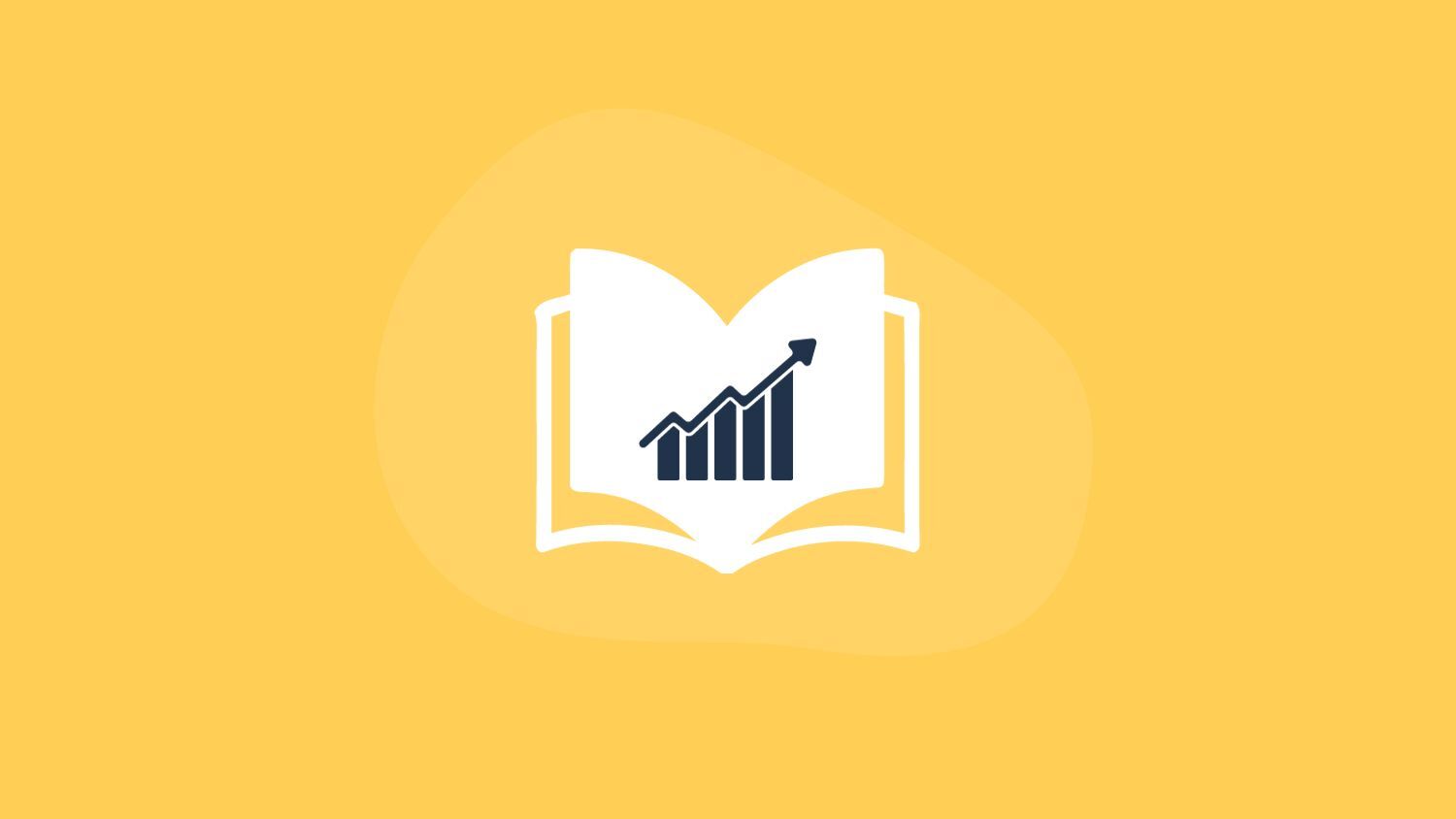Author: Lukas Kay
Posted: 21 Sep 2023
Estimated time to read: 4 mins
Explore social emotional learning (SEL) assessment strategies for primary schools and learn how self assessment and peer feedback can enhance wellbeing.
In the ever-evolving landscape of education, it has become increasingly clear that academic success alone does not guarantee a well-rounded student. Recognising this, educational institutions are placing greater emphasis on nurturing the social and emotional development of students alongside traditional academic pursuits. Primary schools in particular have started focussing on social emotional learning (SEL) to equip students with the skills and attitudes necessary for a lifetime of success. As schools prioritise students' holistic development, effective assessment strategies for SEL have emerged as a critical component in ensuring their progress.
The importance of social emotional learning
Social emotional learning encompasses a range of skills that enable individuals to understand and manage their emotions, establish positive relationships, make responsible decisions and handle various life challenges. These skills not only contribute to a more supportive and inclusive classroom environment but also set the foundation for mental health and overall wellbeing. In the face of increasing stressors and emotional demands on students, teaching SEL has become an imperative for schools.
The role of assessment in SEL
Just as academic subjects are assessed to track progress and identify areas for improvement, the same principles apply to SEL. Effective assessment strategies provide educators with insights into each student's emotional and social development, helping them tailor instruction and support to individual needs. Furthermore, assessment data assists schools in evaluating the effectiveness of their SEL programs and adjusting their approaches as necessary.
Key assessment strategies
Observation: Teachers play a pivotal role in gauging students' social and emotional growth through regular observation. By actively participating in classroom activities and conversations, educators can identify instances of empathy, conflict resolution and emotional regulation. Documenting these observations can provide valuable qualitative insights into students' SEL progress.Self-assessment and reflection: Encouraging students to engage in self-assessment and reflection promotes metacognition, enabling them to understand their emotions, behaviours and progress. Tools like journals, self-assessment questionnaires and goal-setting exercises help students develop a deeper sense of self-awareness and accountability.
Peer and 360-degree feedback: Peer assessments and 360-degree feedback involve students providing insights about their peers' social interactions. This approach nurtures empathy, communication skills and the ability to provide constructive feedback. It also allows students to view themselves from different perspectives, fostering a more holistic understanding of their social behaviours.
Formative assessments: Integrating SEL into everyday classroom activities through formative assessments helps teachers understand how students are applying SEL skills in real-life situations. Role-playing, group discussions and problem-solving activities offer opportunities for immediate feedback and growth.
Behavioural checklists: Developing behaviour checklists that outline specific SEL skills and behaviours enables teachers to objectively track progress over time. These checklists can cover aspects such as emotional regulation, conflict resolution, active listening and cooperation.
Standardised assessments: While more traditional academic assessments may not fully capture SEL skills, some standardised tools have been developed to measure specific aspects of social emotional learning. Schools can consider using these assessments alongside other strategies to obtain a comprehensive picture of students' SEL development.
Challenges and considerations: Assessing social-emotional learning comes with its own set of challenges. Qualitative data can be subjective and privacy concerns must be addressed when collecting sensitive emotional information. Moreover, finding a balance between standardised assessment tools and more personalised, context-driven strategies is crucial to obtaining a well-rounded view of a student's SEL journey.
As primary schools continue to emphasise the significance of social-emotional learning in shaping students' character and overall wellbeing, effective assessment strategies take centre stage. By integrating observation, self-assessment, peer feedback and other techniques, educators can gain a deeper understanding of each student's progress in acquiring vital SEL skills. The ultimate goal is not only to cultivate emotionally intelligent individuals but also to create a more compassionate and harmonious society, one primary school classroom at a time.
---
Are you interested in SEL but don't know where to start?
Implementing SEL in your school can feel like a daunting task, with many wanting to introduce it but having no idea where to start.
Satchel Pulse’s new Skills tool is an all-in-one, cost effective solution to negative student behaviour, poor academic performance and low wellbeing that’s quick and easy to implement.
Book a no-strings-attached demo today to see how Skills could help your school, or find out more about the tool here.



